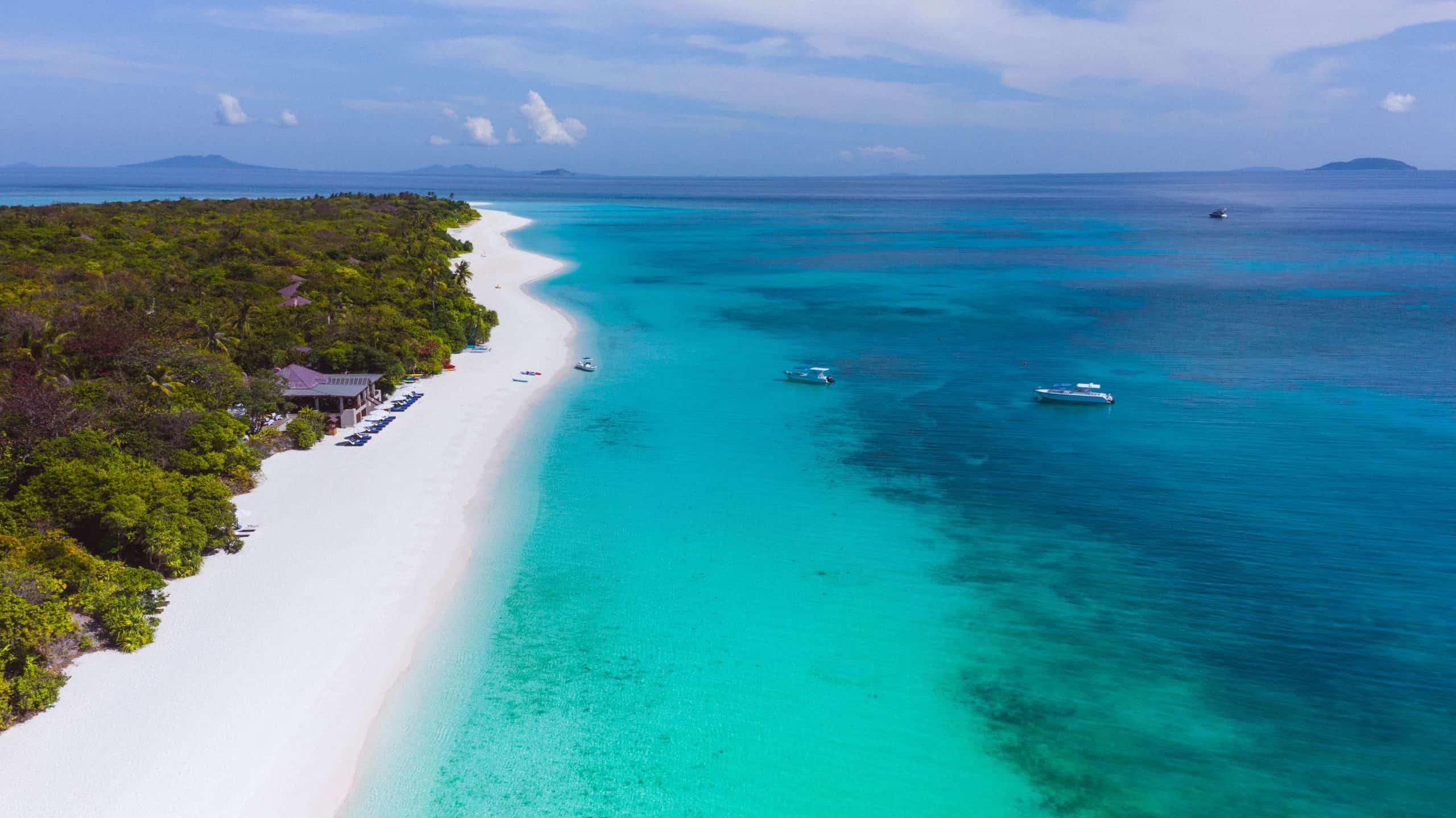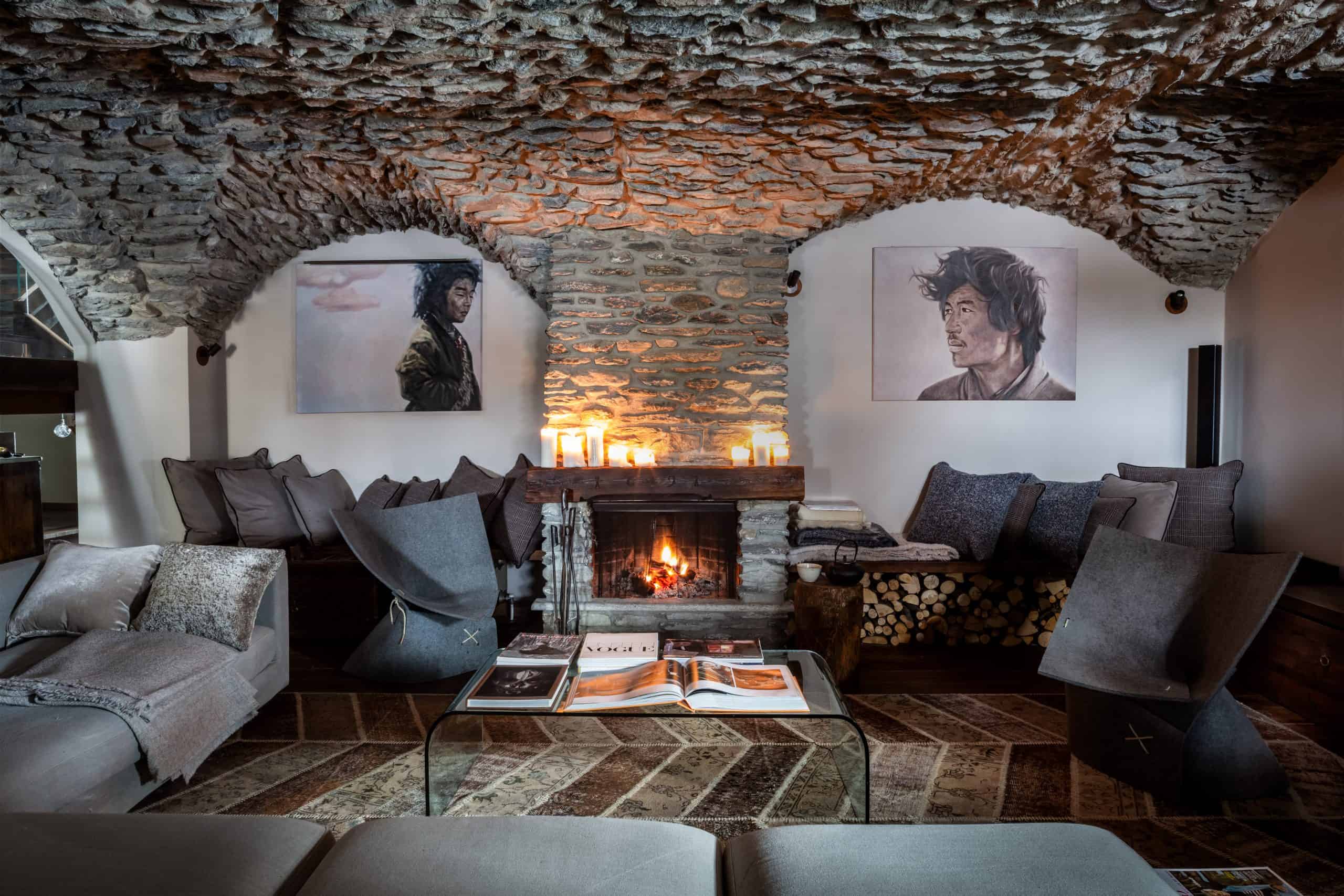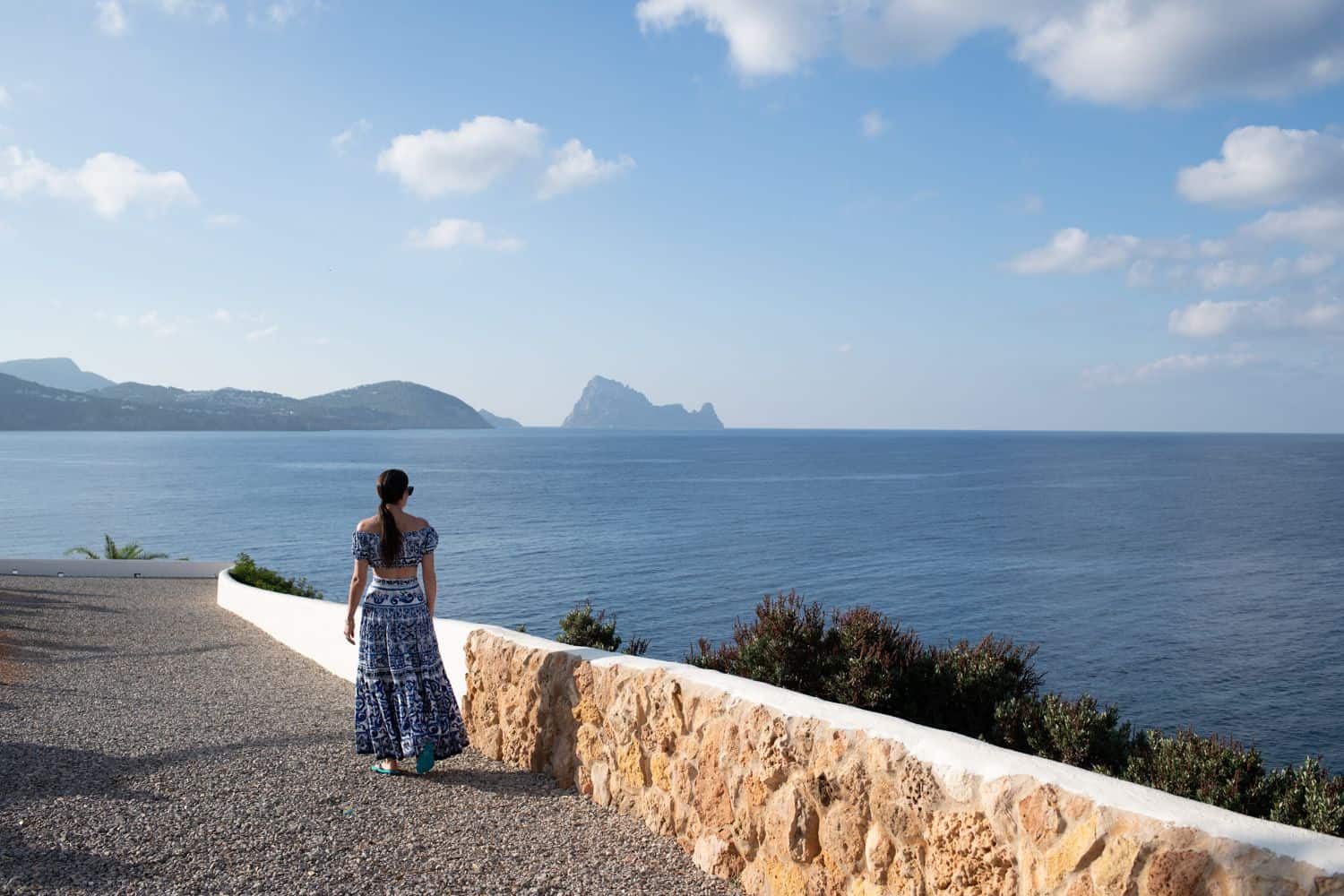Toughness is almost a given when you talk about sports like boxing and jiu-jitsu, but taking a physical punch isn’t the only thing that Hong Kong-based professional MMA fighter Ramona Pascual has to deal with in her day-to-day. Compare Retreats chat with Ramona about the challenges she faced in pursuing her dream, the highs and lows of competitive sport, recovering from injuries, and how she deals with setbacks.
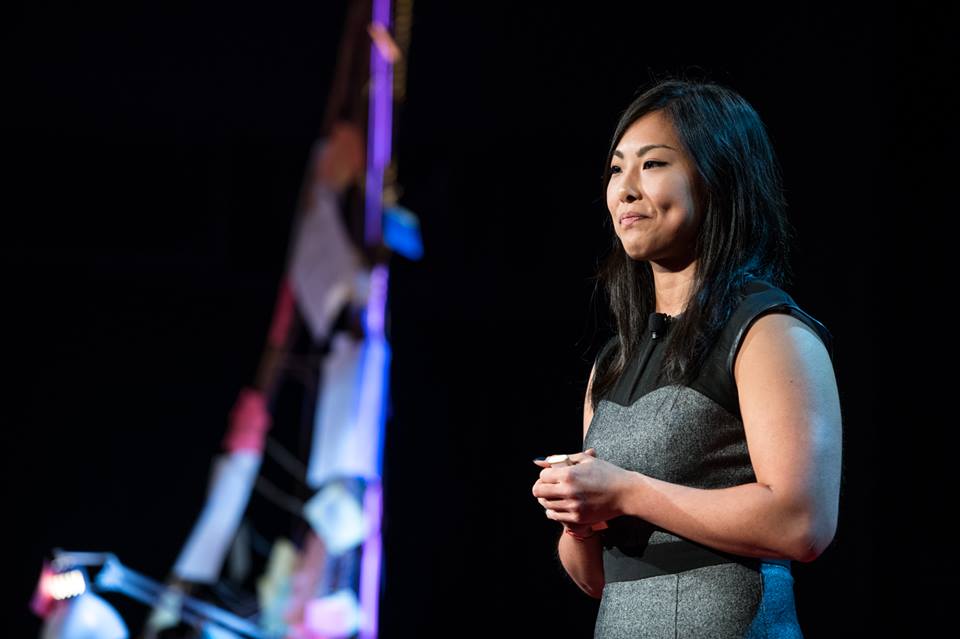
How did you get into MMA? I’ve always had a strong interest in sports, competing in both basketball and rugby while in school. When I was 16, I tried kickboxing for fun and fell in love with it. Ever since I started fighting in 2011, my interest in fitness and nutrition soared because I was always trying to find ways to improve in my sport and have an edge over the opposition. In 2013 I began training and competing in Brazilian Jiu-Jitsu to add grappling to my arsenal. Three years later I walked away from my desk job to pursue a career in MMA.
What is the biggest fear you’ve overcome, and what tools do you use to deal with it? By far the biggest fear I’ve had to overcome was that of leaving my secure desk job. For the longest time, I allowed the opinions of others to affect my decisions. I fought with it throughout most of my twenties, thinking that I needed to listen to the concerns of everyone else: I shouldn’t fight because it’s dangerous, it’s not ladylike, there’s no money in it, I’d be wasting a business degree, it’s not a respectable career. These people were simply projecting their own fears onto me. Eventually, I realised nobody has the right to dictate who I am, what I love, what I’m afraid of, or what sets my soul on fire. When I began listening to my inner voice and realising that regret was worse than all of these fears combined, it was easy to take the leap. It came down to self-belief and taking ownership of my life.
What is your greatest strength? My greatest strength is my transparency. In the past, I pretended to be someone I wasn’t to please other people. Growing up was a battle between being the tomboy that I was and doing what all the other girls did just so I could fit in. Trying to be someone else was exhausting. These days I’m as authentic as I can possibly be (without offending anyone) and it’s honestly brought me so much happiness and makes dealing with issues so much easier. I’m motivated to maximise every opportunity that feeds my purpose and at peace with myself at the end of each day. Since pursuing MMA I’m in a better mood than I’ve ever been and able to cultivate better relationships with those close to me.
“Getting injured at a critical time in my athletic career was a big punch that has knocked me off my feet… but I’m still in the fight: whether I stay on the ground and give up, or get up and continue is my choice.”
What is one of your biggest weaknesses, and how do you work with it? My ability to handle uncertainty is one of my biggest weaknesses. Composure in a high-pressure situation with many unknown variables and dire physical consequences is what we train for in MMA; however, the knee injury I sustained in April that caused me to pull out of my fight last minute was by far my biggest test and challenge. I really struggled with the sudden change in my career path, my health, and finances due to lack of work. Setbacks aren’t complete without a whirlwind of negative emotions and I sat in that storm for a good few months. I had to snap out of it and start looking ahead. Pouring focus into things that were within my control like rehab, learning more about injury prevention, and writing, which I really enjoy but while vigorously training, rarely take the time to do. Writing my TEDx Wanchai talk about the injury and presenting it was a great outlet to express how I felt and help me to move forward.
Find fitness boot camps on Compare Retreats now
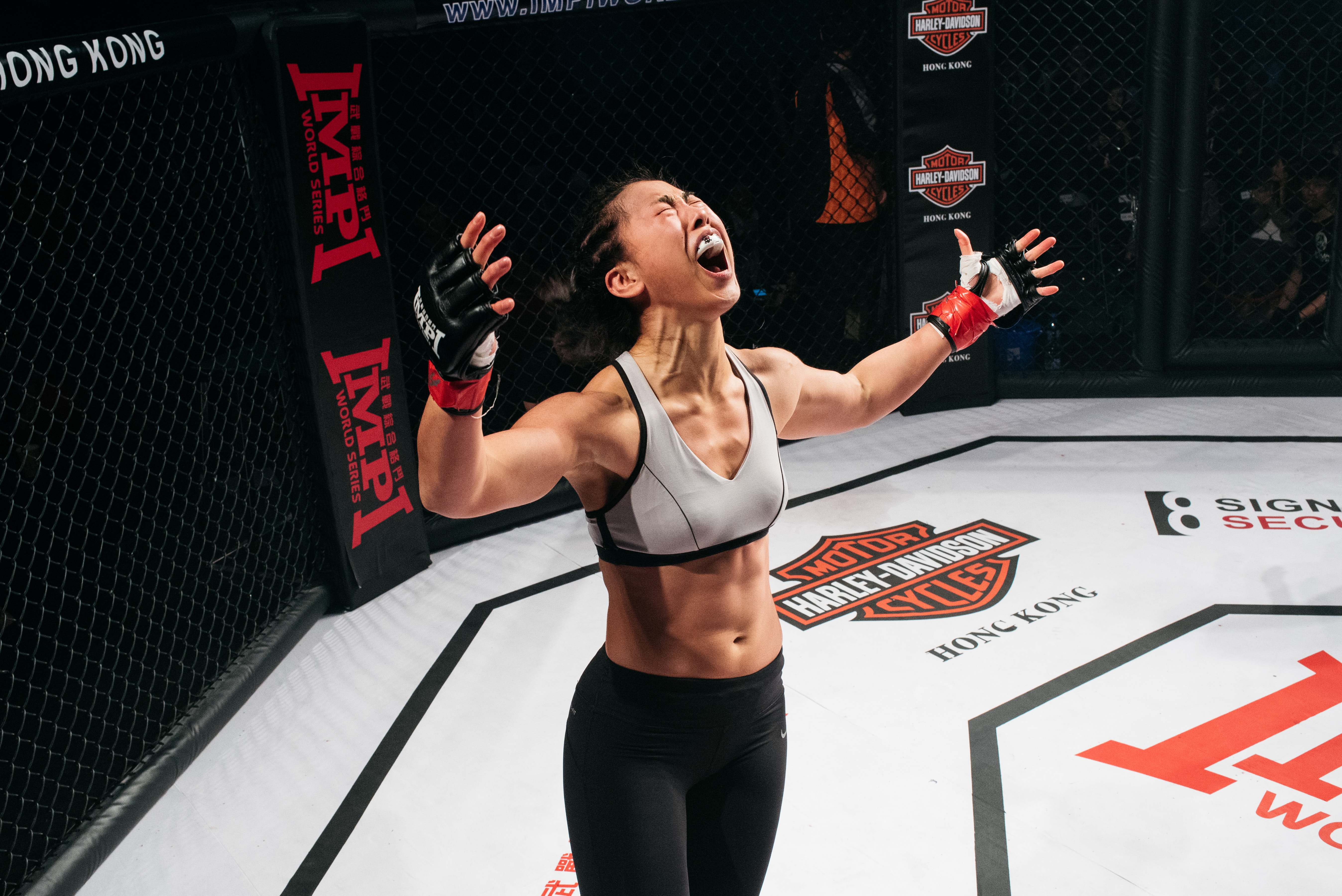
Tell us about a time that you turned a setback into a positive part of your journey. In a fight the only guarantee is that you’ll get punched in the face. We train to be composed – to take a hit and keep going. Getting injured at a critical time in my athletic career was a big punch that has knocked me off my feet. I knew was possible but never wanted to think about because of how heartbreaking it was. But I’m still in the fight: whether I stay on the ground and give up, or get up and continue is my choice. I’ve been using this time to focus on rebuilding my athletic base, learning more about my body, and adopting better habits and practices to reduce the risk of injury and contribute to the longevity of my active lifestyle. The work that I’m putting in right now will only make me a stronger fighter and exceed the capabilities I had before it happened.
“The lowest lows are to prepare you for the highest highs. A (non-life threatening) injury is merely a test of mental strength an opportunity to exceed who you once were.”
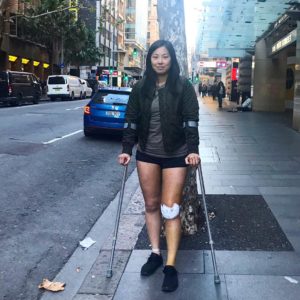
What has your injury recovery processed looked like, and what advice do you have for anyone also dealing with sports injuries? Physically I had to completely stop fight training, focus on letting my knee heal and rebuild the leg muscles lost during the process. Right now, I’m two weeks post surgery and walking fine but it will be a while until I can run or jump again. Psychologically it’s been a lot of introspection in dealing with the ups and downs. You realise that no matter how strong and athletic you are we are all human and accidents happen, especially in a high-risk sport like MMA.
I had to learn to be patient and trust the process, even when it takes me into the deep end, and above all believe that I am capable of coming back from this. My advice would be to simply believe in yourself. The lowest lows are to prepare you for the highest highs. A (non-life threatening) injury is merely a test of mental strength an opportunity to exceed who you once were. Allow yourself to feel the negative emotions and use it as fuel to propel you forward rather than hold you back.
What does the average workout week look like for you? When I’m healthy and in fight camp, I train twice a day from Monday to Friday then once on Saturday. My sessions are a mix of wrestling, jiu-jitsu, MMA, conditioning and striking for 2-3 hours a day. I make sure I’m recovering as best as I can with quality food, hydration and sleep. In the off-season, I’ll train once a day.
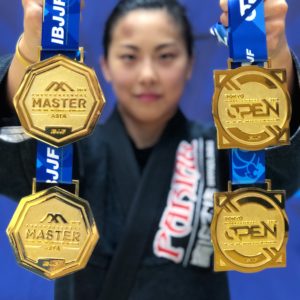
Why are ‘rest days’ an important part of a fitness routine? Recovery is just as important as training. Without the right practices, training progress diminishes. Stress from an intense training schedule needs to be regulated for maximum benefit, otherwise, injuries are more likely to happen. The most active thing I’ll do on a rest day is go for a walk. I like to spend time with family or friends and do things with them that take my mind off training and fighting.
What is your nutritional philosophy? Everything in moderation, including moderation. In fight camp, I have to diet down in order to compete in my weight class so the methods we use as fighters are extreme and shouldn’t be used for any other purpose. However, in the off-season, I like to adopt an 80/20 rule where 80% of diet consists of whole foods packed with nutrients that fuel my body while the other 20% consists of fun foods that feed my soul. I try to restrict myself as little as possible without going overboard which allows me to adhere to it. All diets work but the key is choosing one that works for you and your lifestyle so that it is sustainable. There is a lot of information out there that can help or hurt you so the best way to know for sure is to try it out and be consistent to see which method you like best. Slow steady progress will beat fast unsustainable results any day.
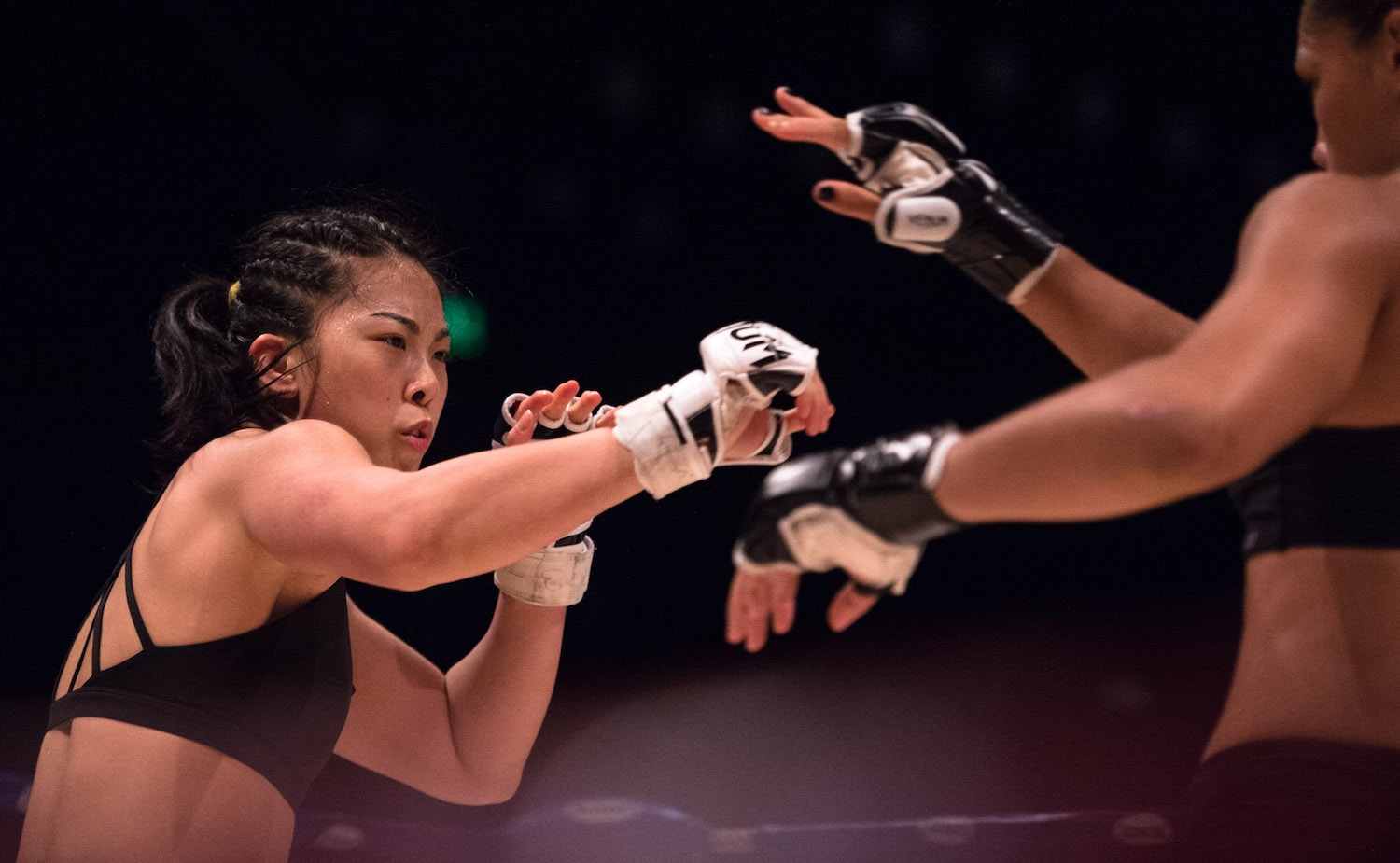
How do you keep fit when you travel? Staying on track with exercise and nutrition while travelling is one of the hardest things to do. If I’m in fight camp I make sure all my meals are prepped and track them on MyFitnessPal. I’ll use the hotel gym or if I don’t have one I’ll go for a run or walk around as much as I can to maximise energy expenditure. If I’m on holiday I don’t bother much with nutrition besides making sure I’m getting vegetables in. I’ll still try to hit the gym and go on walks if schedule permits but I don’t force it when the purpose is to enjoy downtime with family or friends.
“All diets work but the key is choosing one that works for you and your lifestyle so that it is sustainable.”
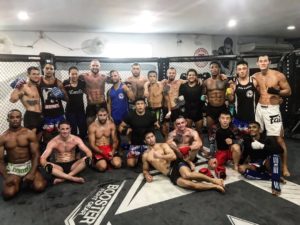
You’re now training in Thailand. What’s that like? Training at Phuket Top Team has been incredible. The level of coaching and training partners is the highest I’ve ever experienced. Being in a room full of fighters who share the same goal creates an energy that lights a fire under all of us no matter how tough training gets. It creates a strong team atmosphere that brings out the best in us as students, teammates and competitors. My teammates and coaches at PTT have been an integral support system in my recovery.
What do you have coming up in the next year? I’m hoping to be back in Phuket in October and if all goes well, fighting in December. Then I’m hoping to fight four more times next year.

